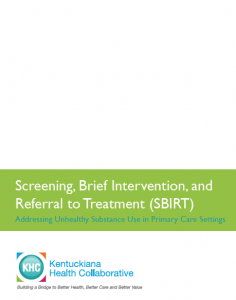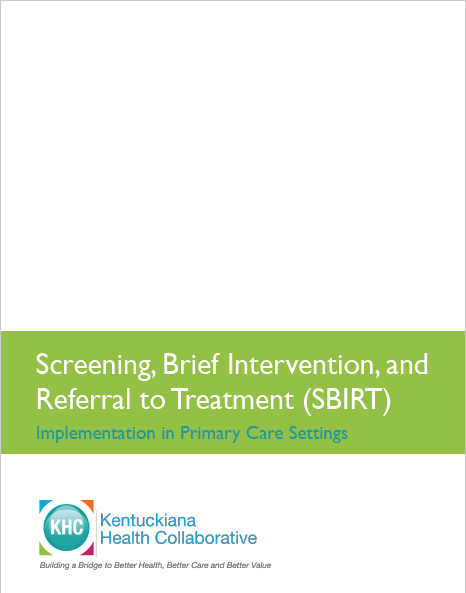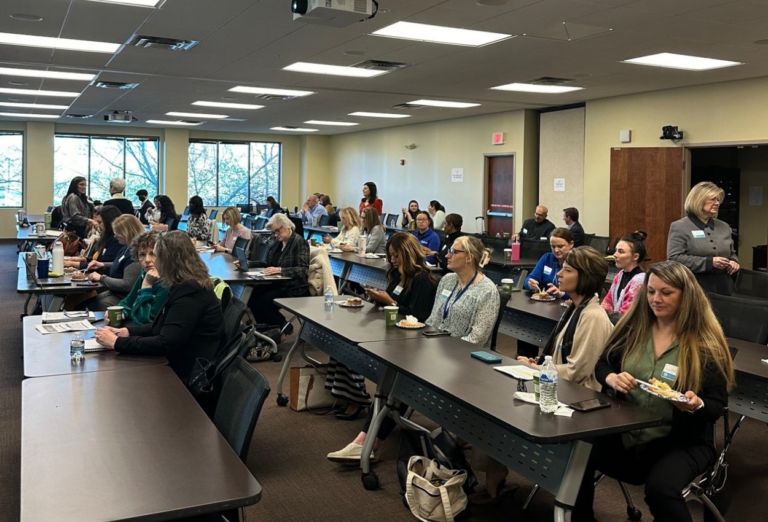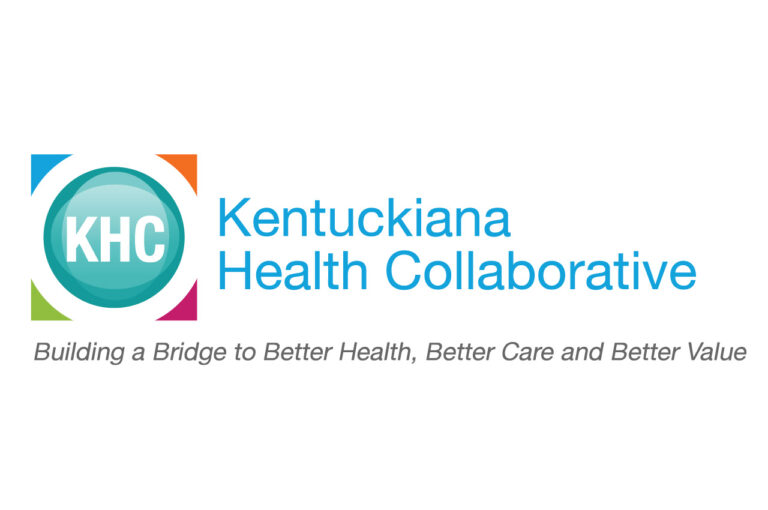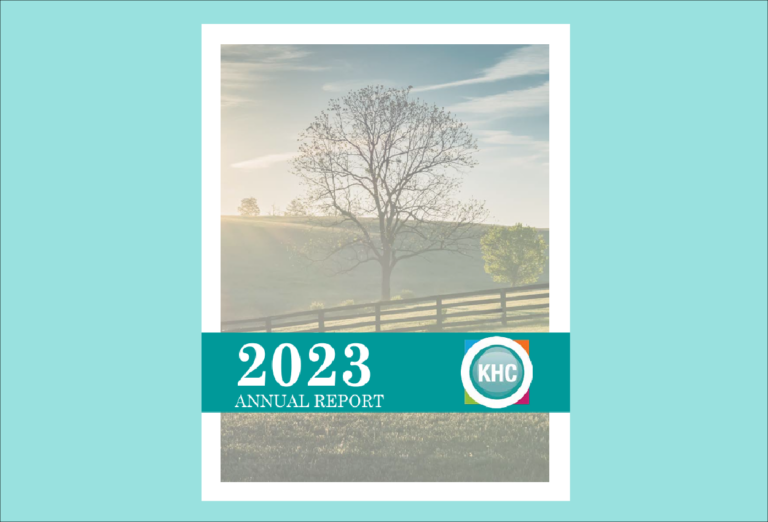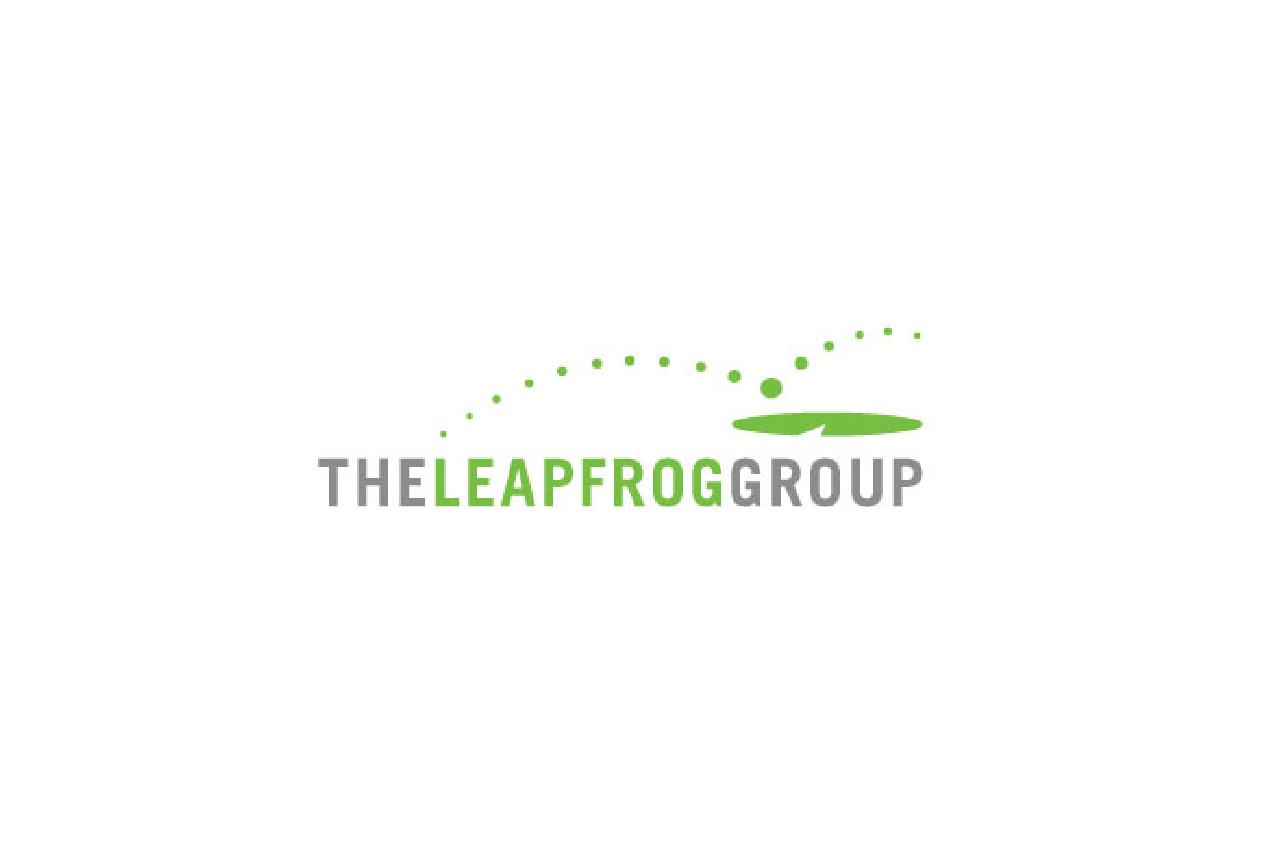In recent years, the misuse, addiction, and overdose of opioids has grown to epidemic levels at the national, state, and local levels. Kentucky is no exception, with its opioid epidemic ranking among the worst in the nation. As of 2016, Kentucky ranked fifth among states with the highest number of drug overdose related deaths. With 33.5 deaths occurring per 100,00 people, the state experienced a 142% increase from 2010.
Significant action has been taken by a multitude of stakeholders in response to this epidemic. A prominent force has been the work completed as part of the Kentucky Opioid Response Effort (KORE). KORE is part of the Opioid State Targeted Response (STR) grants, created by the 21st Century Cures Act and administered by the Substance Abuse and Mental Health Services Administration (SAMHSA). The purpose of KORE is to implement a comprehensive targeted response to Kentucky’s opioid crisis by expanding access to a full continuum of high quality, evidence-based opioid prevention, treatment, recovery, and harm reduction services and supports in high-risk geographic regions of the state. Earlier this year, the Kentuckiana Health Collaborative (KHC) began a project in partnership with KORE to increase awareness and utilization of Screening, Brief Intervention, and Referral to Treatment (SBIRT) among primary care providers as a means of addressing unhealthy substance use among their patient populations.
SBIRT is public health approach to identifying and intervening with patients who are participating in risky substance use behaviors. As a system change initiative, SBIRT challenges traditional approaches to identifying and intervening with Substance Use Disorder (SUD) by viewing behaviors, problems, and interventions on a continuum. SBIRT focuses on reaching the 15%-25% of the population who are excessively using substances, while still intervening with the 5% needing traditional treatment and positively reinforcing behaviors of the 75%-85% who are abstinent/responsibly using. The bulk of health, social, and economic costs associated with substance use are associated with excessive use rather than addiction or substance use disorders. By addressing the population excessively using, primary care providers can negate the negative effects of these costs and prevent the progression of substance use behaviors. There is substantial evidence for the use of SBIRT in reducing risky behaviors related to alcohol, and its application for opioid use is accumulating and promising.
The KHC has developed a toolkit, titled “Screening Brief Intervention, and Referral to Treatment (SBIRT) – Addressing Unhealthy Substance Use in Primary Care Settings” that is being distributed to over 4,000 primary care providers and 400 group practice managers throughout the state of Kentucky. The KHC will also be holding a complementary webinar on Wednesday, October 10, 2018. Webinar registration and additional information can be found here.
SBIRT is a practical and promising approach to addressing the growing opioid epidemic in Kentucky. Join us in learning more about this initiative and encouraging its adoption throughout the Commonwealth.
